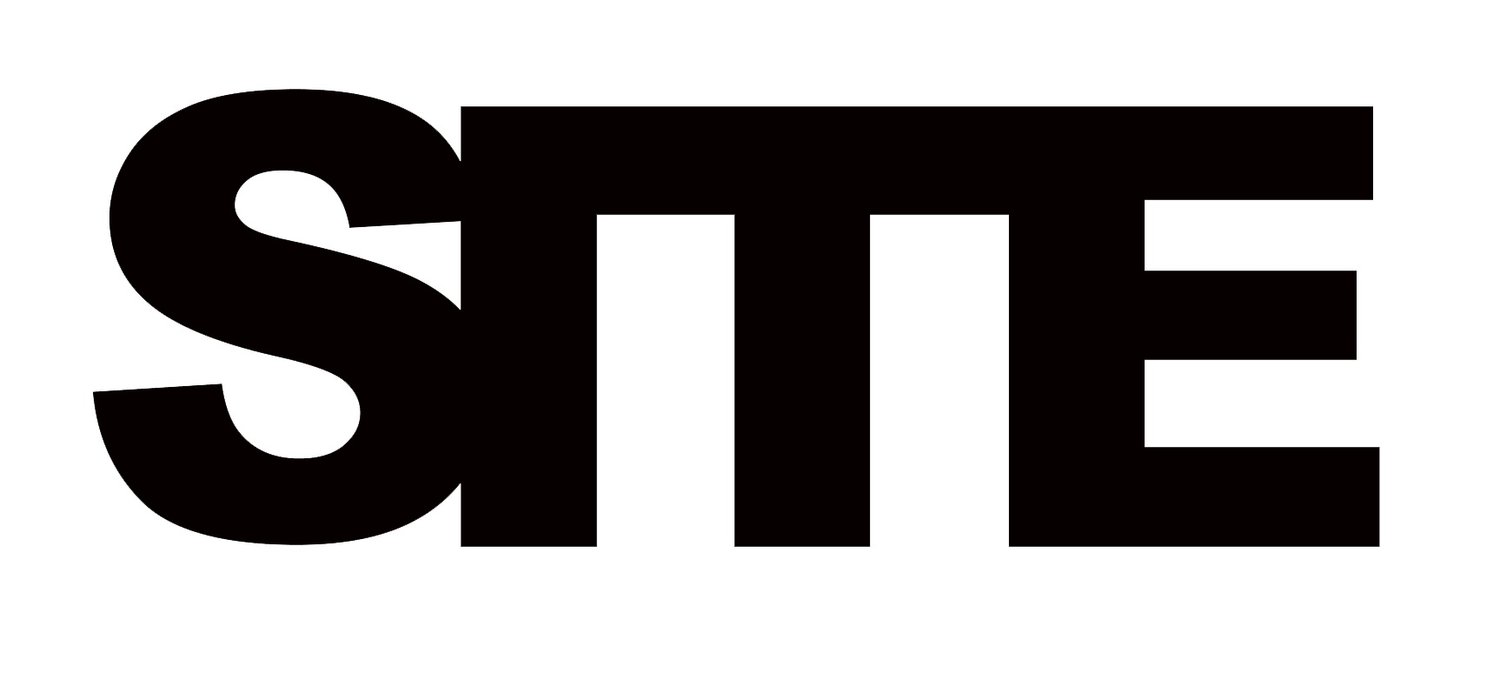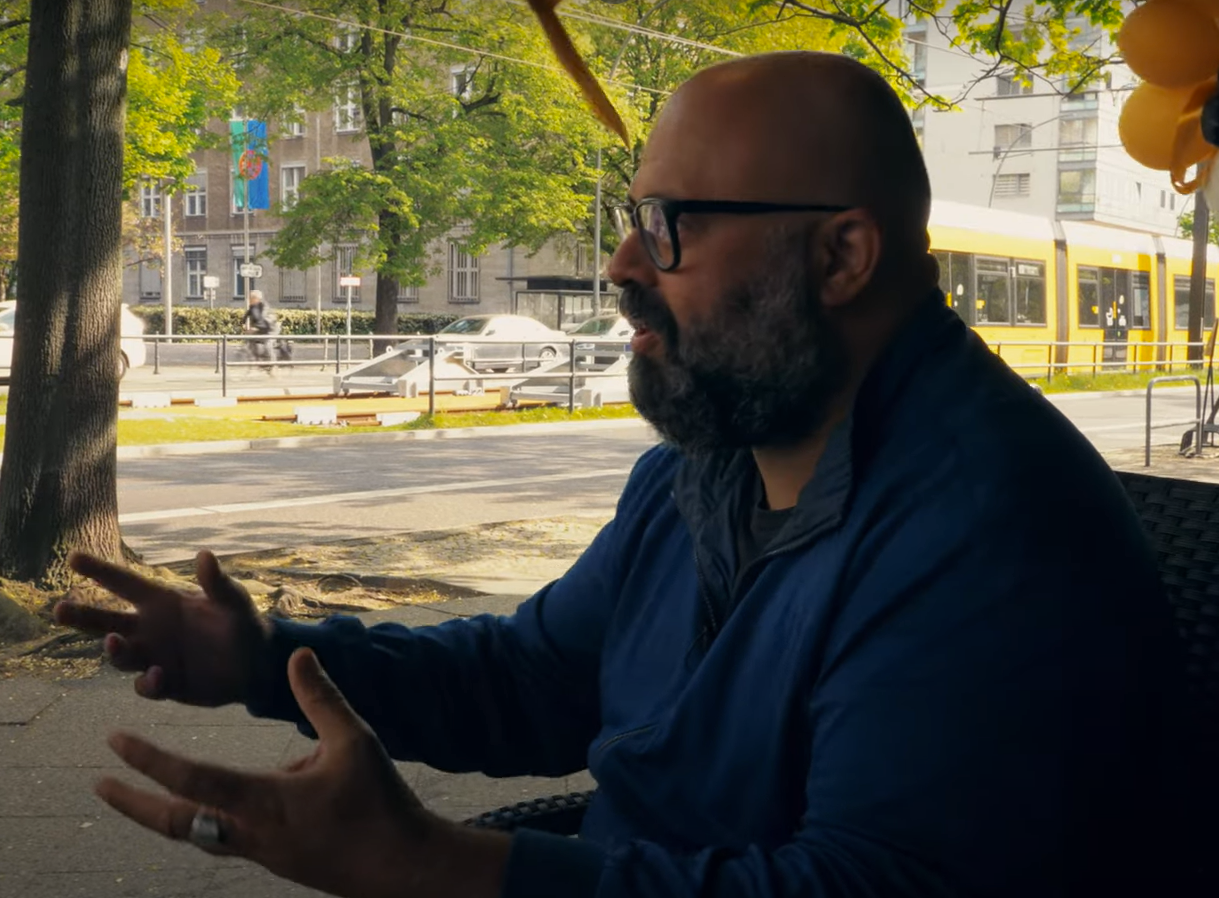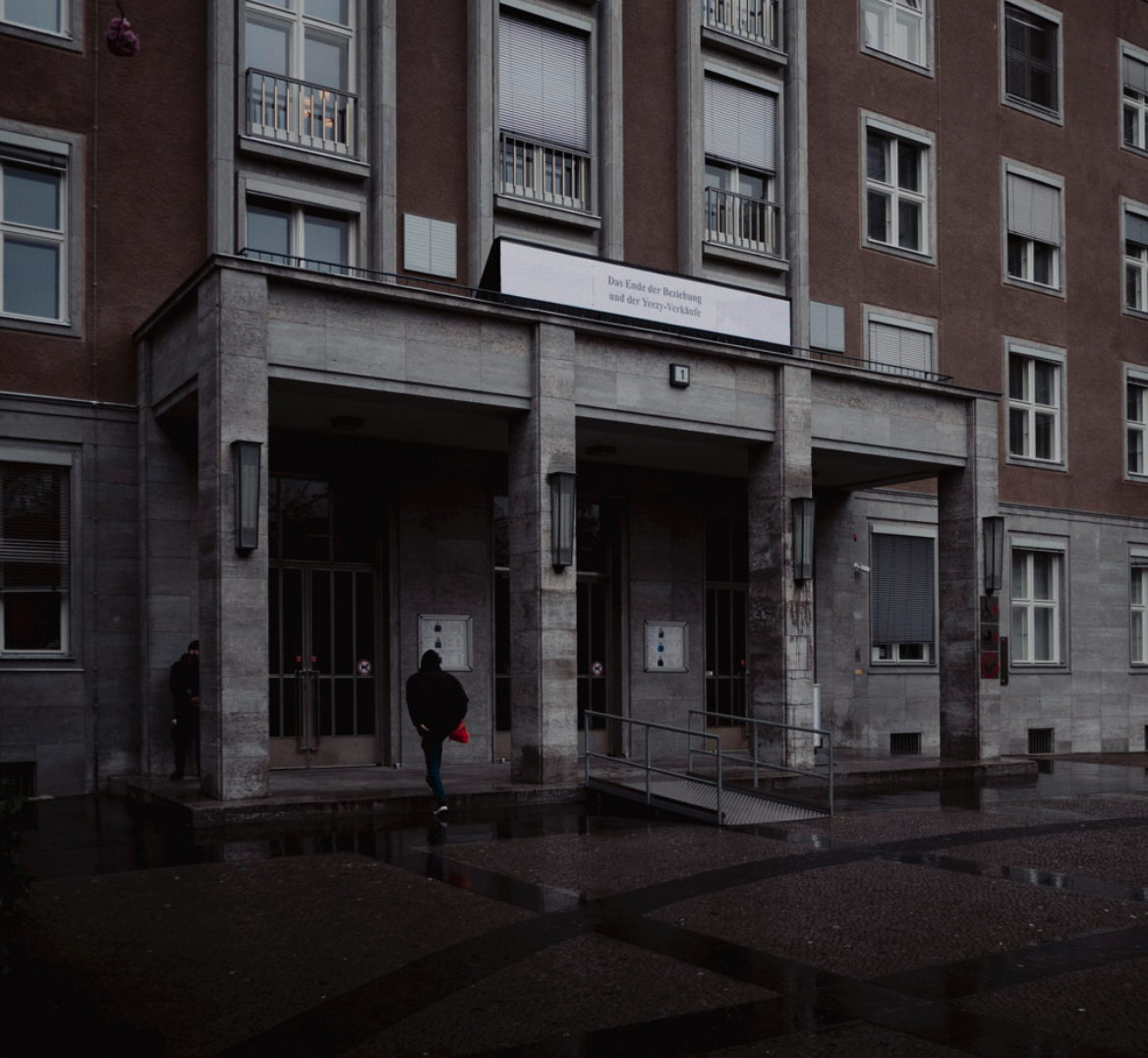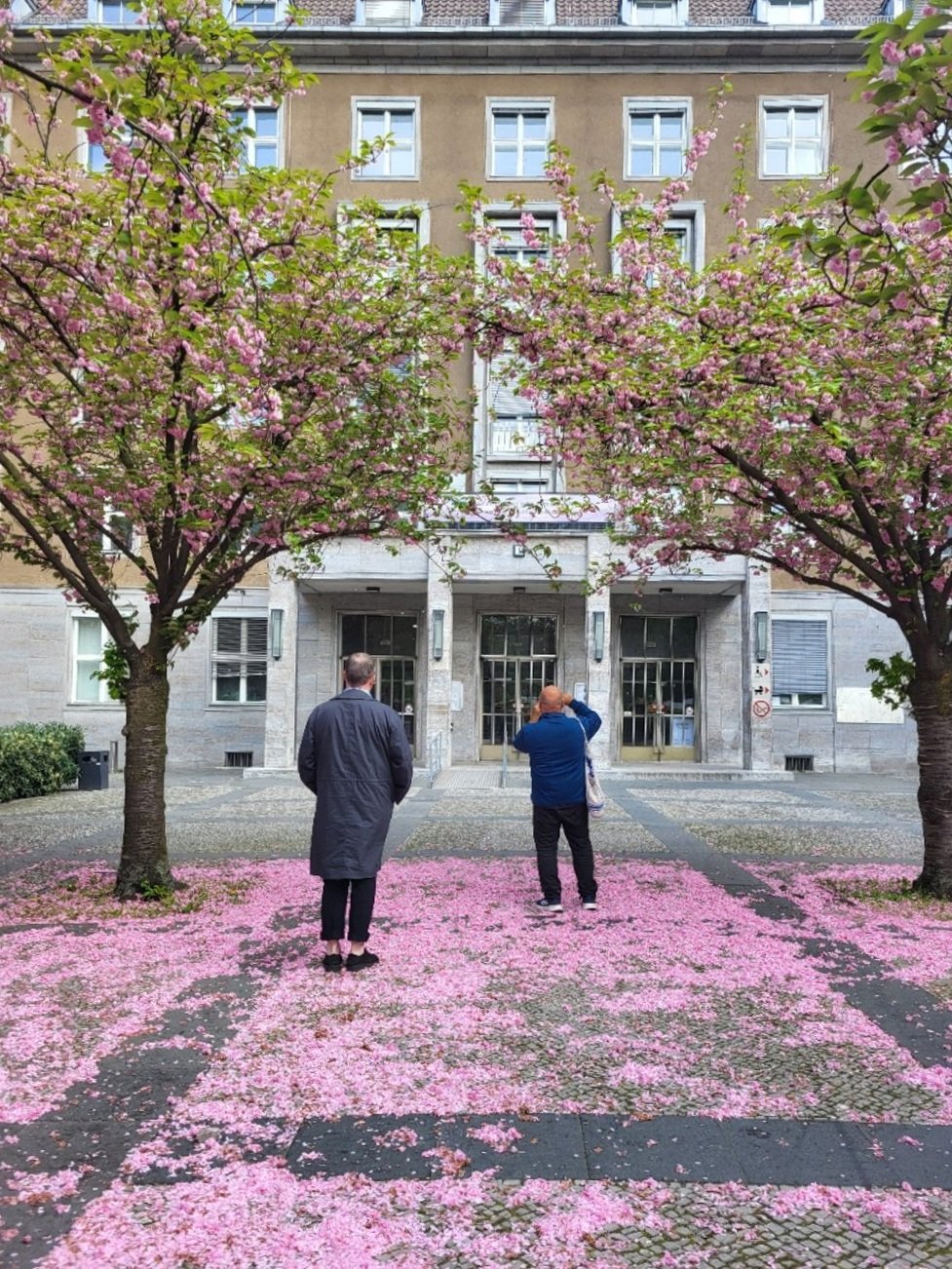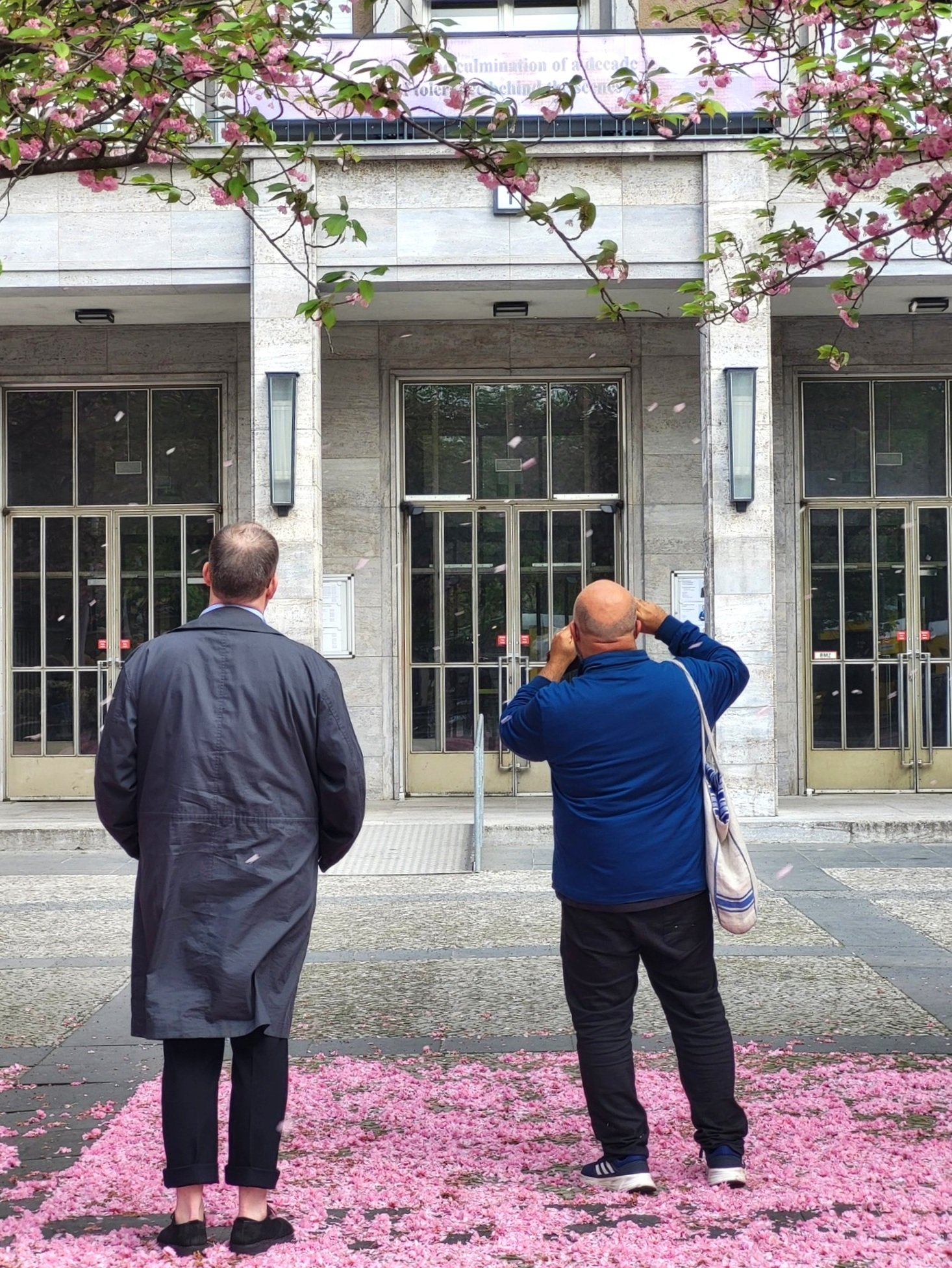Hassan Khan
A conversation between Hassan Khan and Fabian Schöneich on Totem & Taboo, an art work within the Displayed Worlds series curated by Fabian Schöneich/CCA Berlin at the Bürgeramt Rathaus Tiergarten in Berlin spring 2024.
From the webpage of Displayed Words*
Last October I stumbled on the New York Times article Kanye and Adidas: Money, Misconduct and the Price of Appeasement, a thorough investigation of the almost decade-long business relationship between American Rapper Kanye West and German sportswear company Adidas that began in 2013 and ended in 2022. Peppered with quotes from West, Adidas executives, and employees, as well as financial statements, the article charted the rise of the increasingly profitable Yeezy line of sneakers designed by Mr. West as well as his behavior and how Adidas turned a blind eye towards what can only be described as misconduct for the sake of soaring profits and the growth of the brand’s US market share. As I read the shocking account of the extent of Mr. West’s provocations – misogynist, anti-Semitic, and highly toxic, I was taken aback by the structural hypocrisy it revealed at the heart of the 16th largest German corporation. According to the findings of the article, the world’s second largest sportswear corporation was willing to accept (and by extension implicitly condone) openly anti-Semitic statements, the use of Nazi symbols, sexist behavior, and more, even in the face of growing concern expressed by their employees. Adidas broke with Mr. West only when he publicly stated that he can make anti-Semitic comments and Adidas would not be able to drop him.
When I read this article, I was in Germany – which has been in the throes of a fit of cancellations, award withdrawals, firings and other censorious action towards almost any discourse that does not toe the general consensus of politicians, bureaucrats, a large swathe of intellectuals and mainstream media. The extremely performative nature of these acts – the way they undermined the liberal credentials of German cultural institutions; the way they eroded the very concepts of a democratic egalitarian state; the way according to many legal experts they even violated the constitution itself, struck me as highly significant.
Let’s put these two elements side by side – a hysterical and aggressive silencing of the public sphere, next to an acceptance by a wealthy powerful German corporation of blatantly anti-Semitic behavior from a high-profile personality – and some real and urgent questions will arise.
This piece is solely composed of samples (phrases, sentences, quotes) from the New York Times article as well as a short description of Kanye West and Adidas, quoted from their respective Wikipedia entries. I have felt it necessary to not actually write anything myself, but to only depend on publicly available and reliable content to tell this story. I have structured these textual units into a form that follows the structure of an epic poem – a journey of ascent and collapse. Certain statements that are essential for clarity and context repeat like a chorus. Phrases punctuate the narrative, and the financial facts and figures underlying and motivating this business relationship are regularly stated.
* Find all words for the art work by Hassan Khan here as well
SITE Art Project #5, 2003 by Hassan Khan:
READ FANON YOU FUCKINGBASTARDS
Displayed Words is an experiment in thinking with language, text, and poetry through digital and public formats. Who and what defines the space in which words are made legible and meanings are produced? How does the perception of text change from one medium to another? Displayed Words plays with the intelligibility of text and its manifold displays; it also poses questions pertaining to context within which literature and poetry can be perceived and understood. Finally, it asks how text is mediated, and in which language dominant discourse and literature are communicated in a metropolitan like Berlin. What about languages considered minoritarian, those one hears across the city in everyday encounters, such as Russian, Turkish, Arabic, Vietnamese, or Spanish …?
At Bürgeramt Rathaus Tiergarten texts are presented on a digital display panel on the balcony above the main entrance. The Bürgeramt Rathaus is a site of bureaucracy pertaining to social existence that everyone will have to come across regardless of race, gender, class, religion, status, or background. The collaboration between CCA Berlin and Bezirksamt Mitte, in cooperation with the DAAD Artists-in-Berlin Program, focuses on displaying poetry in such a public site and brings together a group of writers/artists whose practice oscillates between different fields.
Hassan Khan is an artist, musician, and writer. He is the winner of the 57th Venice Biennale Silver Lion (2017), and Professor of Fine Arts at Städelschule in Frankfurt since 2018. His diverse artistic practice includes music, performance, film, sculpture, image, installation, and text, it deals with shared conditions to produce formats that explore fundamental questions, seduce, alienate, engage as well as attempt to re-articulate collective experiences with power structures Recent solo exhibitions include: Musée National d’Art Moderne, Centre Georges Pompidou, Paris (2022); Museo Nacional Centro de Arte Reina Sofia, Madrid (2019). Khan also regularly performs concerts of his original music at festivals and venues around the world. His publications include An Anthology of Published and Unpublished Writings (2019), Twelve Clues (2016), The Agreement (2011), and his latest album SUPERSTRUCTURE EP (2019) was released by the Vinyl Factory. Khan was a member of the advisory board of the HKW in Berlin between 2013 and 2018 and was the President of the Jury of the 50th Venice Biennale in 2011.
